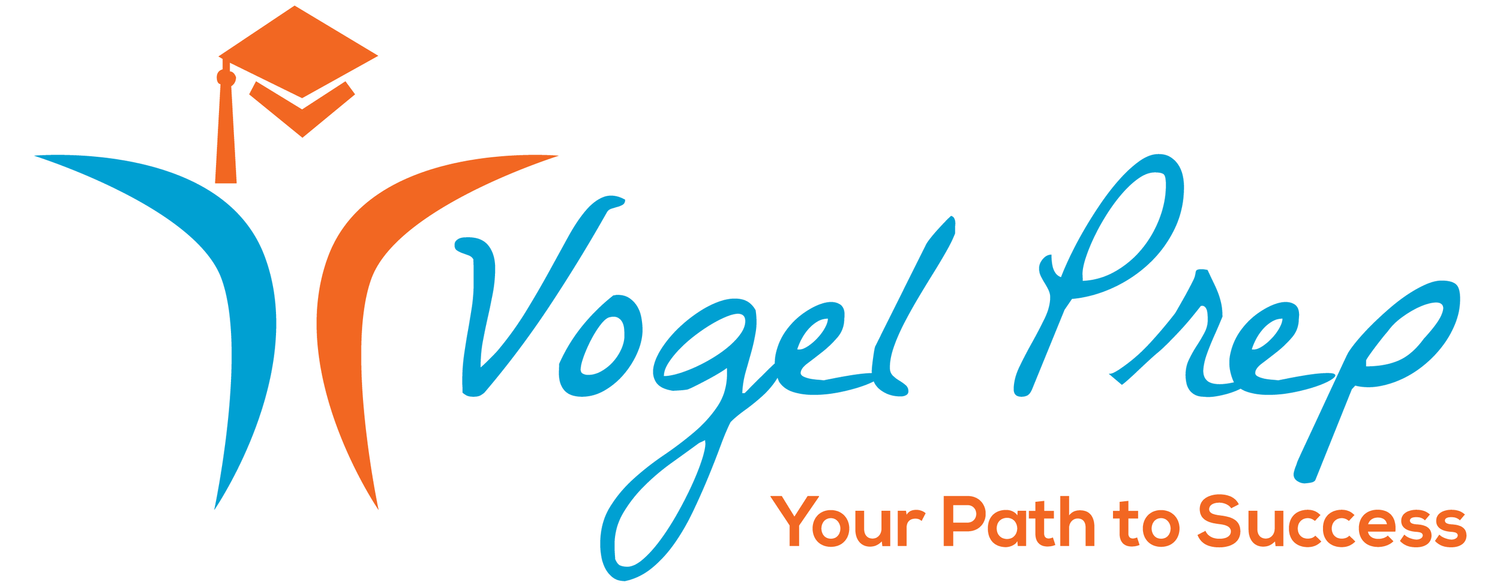The HSPT is a challenging test even for grown-ups, and for many 8th graders it is the first timed test that counts in their scholastic career. For 2 hours and 30 minutes (150 minutes), students must answer 298 questions, or spend 30 seconds per question. Questions will be divided in five subtests of questions in the five-major areas of knowledge (Math, Reading, Language, Verbal Skills and Quantitative Skills) that 8th grade students should have been exposed to during their last 7.5 years of school.
What Is New At ACT?
In July, The ACT released a new study that evaluated the validity and fairness of different score-usage policies. An older study had indicated that underserved students were less likely to take the ACT multiple times. But now with the availability of fee waivers and free studying resources, it is believed that there is a fairer playing field for all students. In addition, now the ACT has announced that, starting in September 2020, they will automatically calculate and report the superscore for all students! While the ACT encourages colleges to evaluate their own policies, they believe superscoring provides a more valid and fair report.
Check Students' Flexible Thinking
It’s true that verbal and abstract reasoning are the cognitive skills that predict academic achievement. The ability to make sense of complex information is undeniably essential to learning at every age.
But once students leave the K12 classroom, research suggests that flexible thinking might be equally important to college and career readiness. As explained by author Eric Barker, “Schools reward students who consistently do what they are told— and life rewards people who shake things up.”
Arizona's PSAT scores available online 12/10/18!
Attention Sophomores and Juniors who took the PSAT in October 2018!
Both Sophomores and Juniors are eligible to take the PSATs. Scores will be out in just a few days. If your student took the PSAT you want to look at the overall results to evaluate their comfort level with standardized testing as well as any potential strengths and weaknesses. If your Junior took the PSAT in October, you may want to compare the results with previous years and also assess if they qualify to enter the 2020 National Merit Scholarship competition.
Regardless of whether your student is a Sophomore or a Junior, PSAT scores should provide parents and students an understanding of where students might be in terms of College Readiness and potential future College Entrance Exams at the time of the test. Here are some of the major insights that could help evaluate the situation:
SAT/ACT Decisions: Should I Complete “The Essay”?
Boot Camp: Get Ready, Get Set, Succeed
SAT Subject Tests: Five Tips
Subject Tests are one-hour tests that are designed to assess academic readiness for college. SAT Subject Tests focus on very specific subject areas such as Math (Level 1 or 2), Biology, Chemistry, Physics, Literature, United States History, World History, Spanish and more. While SAT Subject Tests are often seen as tests for only those applying for admission to elite universities, every student wanting to go to a four-year college could benefit by taking at least three SAT Subject Tests. Why? Because there is no downside and lots of upside.
4 Easy Steps to Better Essay Scores on AP Exams
Looking forward to writing essays for the upcoming AP Exams? You are among the few!
For the majority of students, essay writing is one of the most dreaded aspects of the AP Exams. Unfortunately, the pressure doesn’t end there. Essay writing is a fundamental component of academic life in college. Whether you like it or not, the beloved essay, along with the requirement for you to write one, isn’t going anywhere, anytime soon.
Writing Skills: Why They Matter in the Digital Age
While the history of written language is subject to debate, its significance to humanity is absolutely clear. Writing has played a vital role in modern human development and progress. As an essential component in human communication, written language allows a writer to preserve and transmit a message throughout time and space. The reader, then, is afforded greater opportunity to contemplate the message, internalize it, and formulate a response.
Considering a Private College Counselor?
Today, private college counselors play an integral role in helping students navigate the seemingly daunting task of applying to college in an increasingly competitive educational landscape. Here are four reasons to consider engaging the services of a private college counselor to help you and your child through this process.
Test Prep…Timing and Balance Matter!
Avoid cramming for any significant test it is advisable that students begin their test prep in earnest approximately 6-12 months ahead of their planned exam. For example, since most students will take the ACT or the SAT in their junior year, it’s beneficial to begin studying during the summer between 10th and 11th grade. Enlisting the services of an experienced test prep tutor the summer before your child’s junior year is an investment no parent will regret. By embarking on valuable test prep sessions long before the actual exam date, students feel less stress, and are therefore able to devote their full attention to the material being reviewed.
Nutrition Is Important Before an SAT or ACT
When it comes to prepping for the ACT or SAT, plenty of teachers and parents emphasize the importance of test prep, practice tests, and quality study habits. Though they’re certainly not wrong, it’s just as important to remember to treat your body right in preparation for high-pressure exams like the SAT or ACT. After all, your mind is an organ at home in your body, so proper nutrition goes a long way to boost your brain before the big day. How can students take advantage of the power of brain food?
What Colleges Look for in High School Transcripts
Because college admissions are more competitive than ever, an accepted application often comes down to the details. For instance, high school transcripts are an excellent way for students to positively differentiate themselves from other applicants. But what exactly are colleges looking for in a transcript, other than good grades?
New Year’s Resolutions for the College Bound Student
3 Steps Toward Stronger Self-Discipline
College Readiness Begins in Middle School
How has the ACT Changed? What Do You Need to Know?
The Power of Good Grades
Is Self-Study a Good Fit for Your Student?
When striving for success on college applications, schoolwork, or the SAT/ACT, wisdom dictates that students and their families have a plan of attack. Perhaps the first go-to method in preparing for a test is the solo route: a student and a textbook, a few long hours of disciplined study, and hopefully some positive scores result. Additionally, the rise of online study tools has driven students even closer to the computer screen. But, since each student is both unique and complex—complete with particular strengths and weaknesses, goals, and learning styles—isn’t it prudent to consider if there’s a study method that better serves your student?
Being a Good Test-Taker is a Lifelong Skill
When students learn to become better test-takers, they develop positive habits that last a lifetime. One-on-one tutoring and small group classes can provide students with strategies to approach exams both methodically and successfully. The skills described here may serve your students in the world outside the classroom.




















